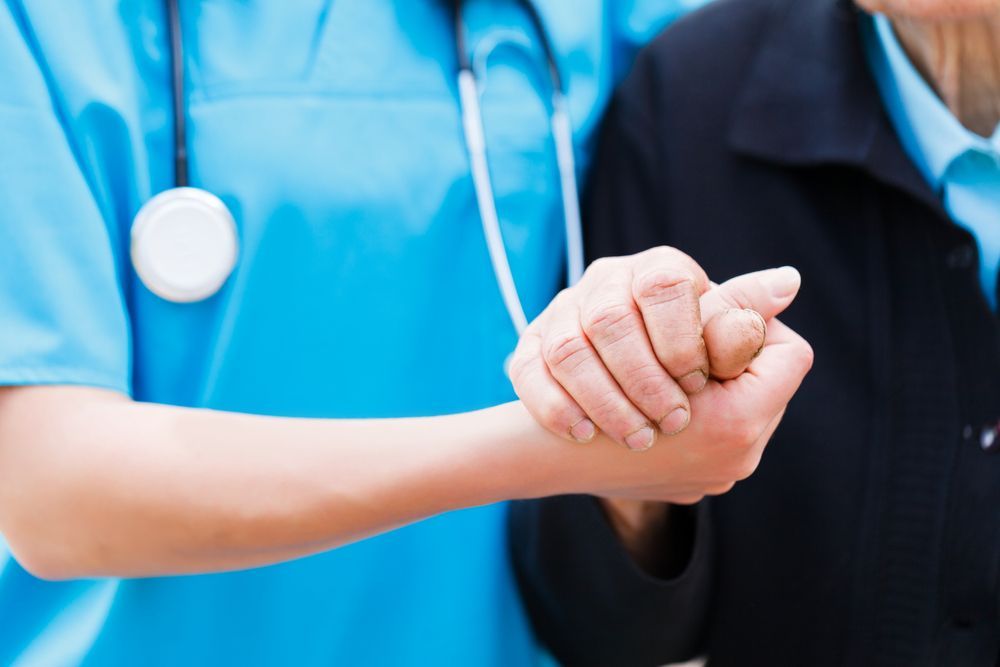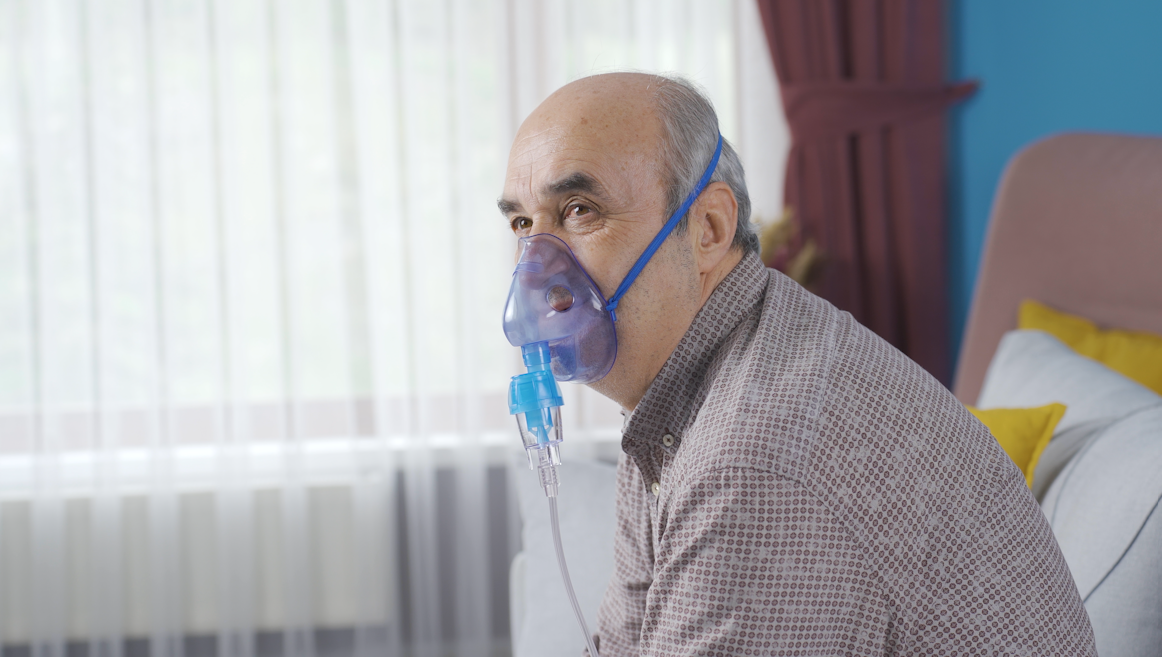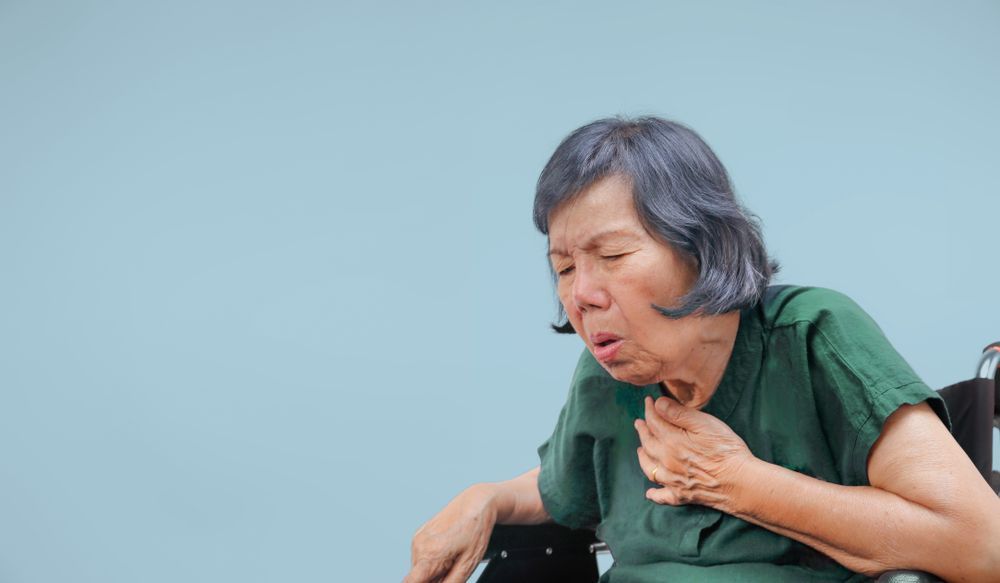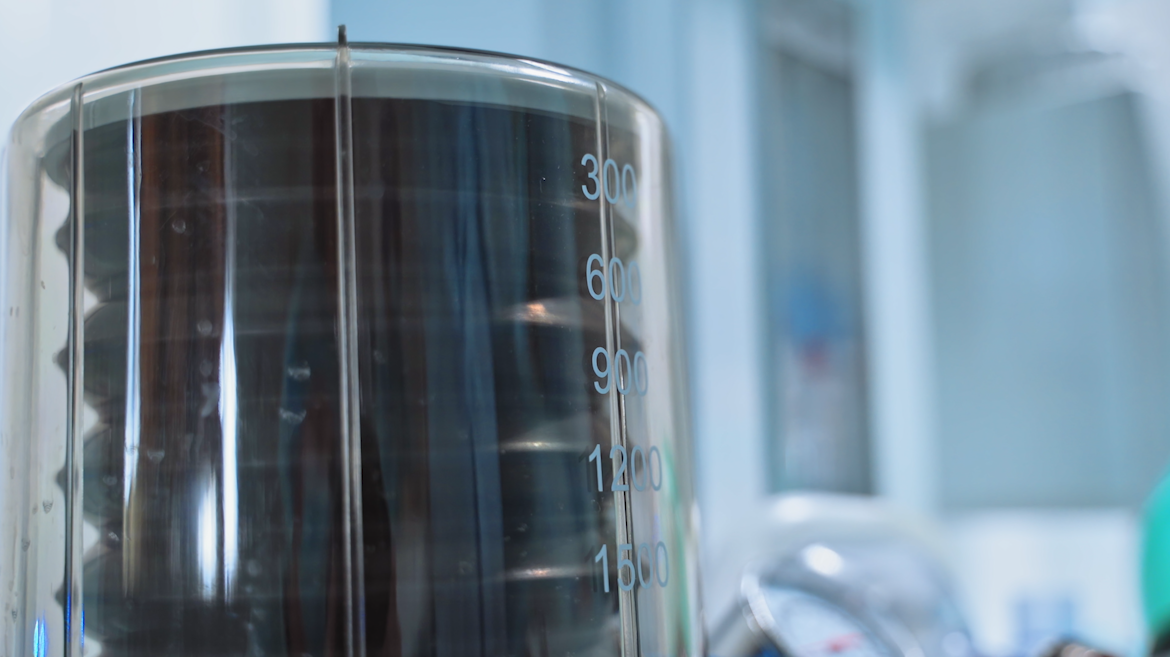Our COVID-19 Response at Elder Care Homecare. Read Now
The Top 5 Medical Alert Systems for Seniors Living at Home
For seniors who cherish the independence of living at home, safety remains a top priority. Medical alert systems, often referred to as personal response systems, provide peace of mind to seniors at home and their families by ensuring immediate help is available in case of emergencies. Presented by Elder Care Homecare, a dedicated home care agency for senior citizens, let's explore the top 5 medical alert systems available for seniors living at home. By understanding their features and benefits, seniors can make informed choices that empower them to maintain their independence while staying safe.


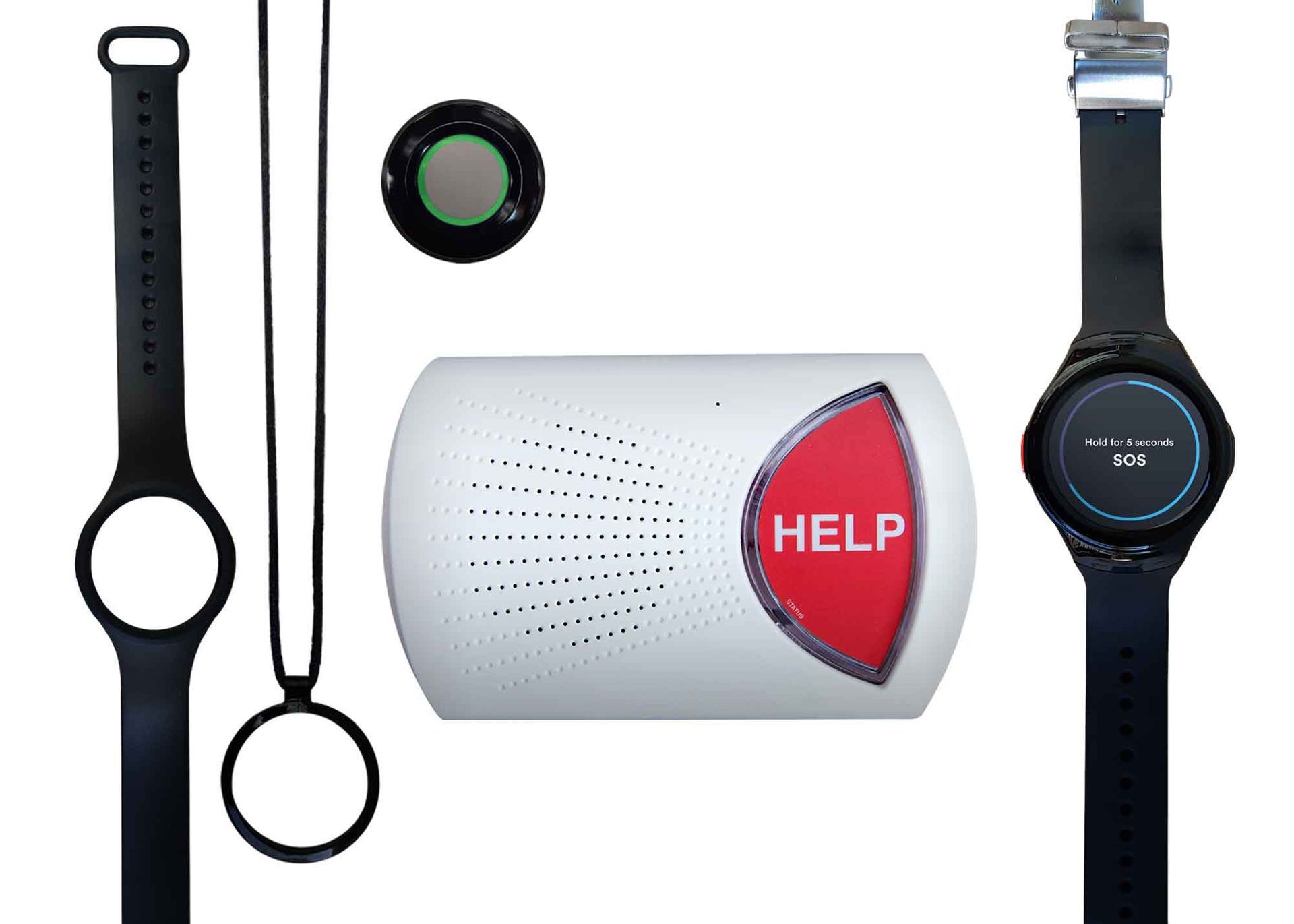

When selecting a medical alert system, consider the following factors:
Coverage: Ensure the system works in the area where the senior lives and spends time.
Features: Assess the need for fall detection, GPS tracking, medication reminders, and other add-ons.
Ease of Use: Opt for devices that are comfortable to wear and simple to operate.
Response Time: Research the monitoring center's response time and reputation.
Cost: Compare pricing and any additional fees for equipment, activation, and monitoring.
5. Life Alert: The Pioneering Option
www.lifealert.com
Life Alert is one of the most recognized names in personal response systems. Seniors wear a pendant or wristband with a button that, when pressed, connects them to a 24/7 monitoring center. Trained operators assess the situation and dispatch help if needed. Life Alert's long-standing reputation and nationwide coverage make it a popular choice.
Life Alert provides both landline and cellular in-home setups, along with a mobile unit featuring GPS and a wall-mounted help button featuring a built-in speakerphone. Supplementary help buttons can easily enhance the system, although automatic fall detection is not within Life Alert's offerings. Life Alert asserts that the batteries in their wall button and mobile unit remain functional for years, a claim supported by third party testing. Moreover, the in-home system is equipped with a backup battery lasting for 72 hours during power outages. With a connectivity span of 500 feet, the in-home system comfortably covers the needs of most households.
What truly sets Life Alert apart is their dedicated approach to understanding individual needs and customizing systems accordingly. Their guidance in using the system reflects an exceptional level of care.
Advantages:
- Comprehensive in-home and mobile coverage
- Complimentary battery replacement
- Attentive and considerate customer service
- Water-resistant devices
Drawbacks:
- Absence of fall detection technology
- Relatively higher pricing
- Mandatory three-year contracts
4. Medical Guardian: Customizable Protection
www.medicalguardian.com
Medical Guardian offers an array of equipment choices, including a conventional in-home medical alert system, an in-home cellular option, and three distinct mobile devices: an all-in-one mobile unit, the Mini Guardian, and the MGMove smartwatch. Both the Mini and the mobile unit incorporate GPS tracking technology alongside optional fall detection and other add-ons such as medication reminders. Furthermore, their systems boast an intuitive and user-friendly design.
While Medical Guardian's pricing slightly surpasses that of Bay Alarm Medical, with packages beginning at $29.95 per month, its exceptional response times more than compensate. In third party testing, their monitoring agents answered distress signals in an average of six seconds, setting a benchmark among medical alert companies.
Medical Guardian presents options for both landline and cellular in-home systems, mobile choices enriched with GPS capabilities, and water-resistant help buttons for wrist or neck placement. The capacity to incorporate supplementary wrist or neck pendants into a system provides a valuable option for couples and cohabitants. Medical Guardian also extends automatic fall detection pendants, wall-mounted help buttons, voice-activated wall buttons, and waterproof lockboxes. The in-home systems encompass a backup battery lasting 30 to 32 hours, ensuring continued functionality during power interruptions. Their mobile units are equipped with rechargeable batteries, offering up to 7 days of operation depending on the specific device.
The Classic Guardian, their in-home system, boasts an impressive connectivity range of 1,300 feet, more than sufficient for the majority of residences. The in-home systems of Medical Guardian set a new standard in terms of connectivity range. Additionally, the ability to incorporate multiple help buttons within a single system addresses a common-sense need often overlooked in most medical alert offerings.
Advantages:
- No lengthy contractual obligations
- Swift response times
- Availability of fall detection
- 24/7 monitoring based in the U.S.
Drawbacks:
- On the upper end of price points.
3. MobileHelp: On-the-Go Support
www.mobilehelp.com
MobileHelp caters to active seniors with its mobile personal response systems. These devices work at home and on the go, thanks to cellular connectivity. GPS tracking ensures that help can be dispatched even if the senior is away from home. Fall detection and medication reminders are also available. A simple press of a button on your MobileHelp system initiates a connection to medical aid or a family member. MobileHelp’s waterproof help buttons render them suitable for use in the shower or bath without concern.
MobileHelp presents cost-effective solutions, with prices starting as low as $19.95 per month for their starting in-home system. Operating on AT&T's cellular network eliminates the need for a landline. A recent addition to MobileHelp's lineup is the MobileHelp Touch Classic – an innovative tablet-based medical alert system. Diverging from the traditional base station, this system incorporates a tablet equipped with a touch screen. Alongside the conventional emergency features, it facilitates activity tracking, medication reminders, and even games like Sudoku.
Every MobileHelp system comes complete with a complimentary lockbox, streamlining entry for first responders during emergencies. MobileHelp also introduces a warranty plan and MobileHelp Connect – an app enabling loved ones to monitor a user's location and device status. In-home MobileHelp systems are outfitted with a backup battery that sustained us for approximately 30 hours in trials. The mobile systems exhibited a lifespan of about two days before needing to be recharged. Impressively, MobileHelp's in-home systems boast a connectivity range of 1,400 feet – one of the most extensive ranges on the market.
Advantages:
- Duo system provides a versatile two-in-one solution
- Pricing plans offer flexibility
- In-home systems don't require a landline
- Stylish smartwatch option, suitable for men
- Each system includes two pendants
- No mandatory long-term contracts
- Transparent, straightforward pricing
- High-quality equipment
- Complimentary lockbox included with all orders
- FDA-compliant products
Drawbacks:
- Initial setup fee applies to in-home unit (applicable to monthly plans)
2. Lively: Simplified Assistance
www.lively.com
Lively focuses on simplicity with its personal response systems. The user-friendly devices include wearable buttons and a speaker-equipped base station. All equipment is housed in a completely waterproof system. Lively also offers the option to connect to a certified Urgent Response Agent or to family members through a smartphone app.
The Lively Mobile Plus represents a wholly cellular medical alert solution, providing unlimited in-home range, and incorporating advanced features such as fall detection and telehealth functionality. Utilizing Verizon’s cellular network, they present the Lively Link app, enabling instant connectivity between families, caregivers, and the user's health and safety status. Lively Mobile packs the expected attributes of a mobile medical alert system – automatic fall detection, GPS, professional monitoring, and two-way talk. Notably, the Ultimate monitoring plan introduces Lively Link app access and an extended warranty for the Lively Mobile device itself. Battery wise, the Lively Mobile endures approximately 24 hours on a single charge. For response times, Lively ranks amongst the top of the industry with tests consistently hitting the mark at only a few seconds. Additionally, they offer a risk-free 30-day trial period for this system.
Starting at an affordable $24.99 per month without locking you into long-term contracts or cancellation fees, Lively Mobile provides flexibility. Their Ultimate and Preferred plans incorporate a distinctive offering labeled Urgent Care. This innovative feature allows direct communication with a live nurse or board-certified doctor around the clock, without needing appointments. They even have the capacity to prescribe or refill common medications.
Advantages:
- Waterproof Device
- First 30 Days Are Free
- Absence of Contracts or Cancellation Fees
- Value-Added Features Inclusive in All Service Plans
- Leveraging Verizon's Cellular Network Cons
- Device Requires Daily Charging
- Initial Setup Costs Are Higher
- Wearable Only as a Pendant
Drawbacks:
- Device Needs to Be Charged Daily
- Higher Startup Costs
- Can Only Be Worn as a Pendant
1. Bay Alarm Medical: Top Overall
www.bayalarmmedical.com
Bay Alarm Medical offers user-friendly devices, including pendants and wristbands, with a one-touch button for emergencies. Fall detection is available for added safety. Additionally, Bay Alarm Medical provides an option for in-home video monitoring, allowing caregivers for seniors to check in remotely.
Bay Alarm Medical's range of alert solutions encompasses a traditional in-home medical alert system, alongside a GPS-enabled mobile unit and an innovative in-car system – the first of its kind. Moreover, they present an opportunity to save through bundling their in-home system with their on-the-go alternatives. Some of their systems can also seamlessly integrate with their Caregiver Tracking app, which lets you keep tabs on the user's location and receive battery low notifications.
Bay Alarm Medical offers all these features at surprisingly affordable rates, with pricing is as low as $24.95 per month, all of this without activation, installation, and equipment fees. Bay Alarm Medical offers both landline and cellular in-home options, a mobile option equipped with 4G LTE coverage, and a distinctive in-car medical alert system. Their help buttons, wearable as pendants or wristbands, are designed to be water-resistant.
Beyond the core systems, Bay Alarm Medical provides a range of valuable add-ons, including extra help buttons, wall buttons, automatic fall detection, and lockboxes for key storage. They also feature unique products not commonly found in other systems. The Bella Charms offer an elegant way to enhance the aesthetics of the help pendant, while the Vial of Life offers a convenient method to keep essential medical information at hand. The in-home system boasts a backup battery capable of lasting up to 32 hours, while the mobile unit can maintain operation for 72 hours on a single charge. Bay Alarm Medical's in-home system is designed with a connectivity range of 1,000 feet, sufficient to cover most households and even extend into the yard.
Advantages:
- Additional help buttons available for a one-time $35 fee
- Fall detection add-on for $15 per month
- In-home range extends to 1,000 feet
- Supported by two U.S.-based monitoring centers
- In-home backup battery lasts for 32 hours
- Devices are water-resistant
Drawbacks:
- Some more advanced systems may involve equipment fees
- Supplementary charges for fall detection
Medical alert systems provide a crucial lifeline for seniors living at home, enabling them to maintain their independence while having access to immediate help in emergencies. With options like Life Alert, Medical Guardian, MobileHelp, Lively, and Bay Alarm Medical, seniors can choose a system that aligns with their needs and preferences. By making an informed choice and partnering with reliable home care agencies like Elder Care Homecare, seniors can enjoy the freedom and security of living at home while knowing that assistance is just a button press away.
New York City Elder Home Care Blog
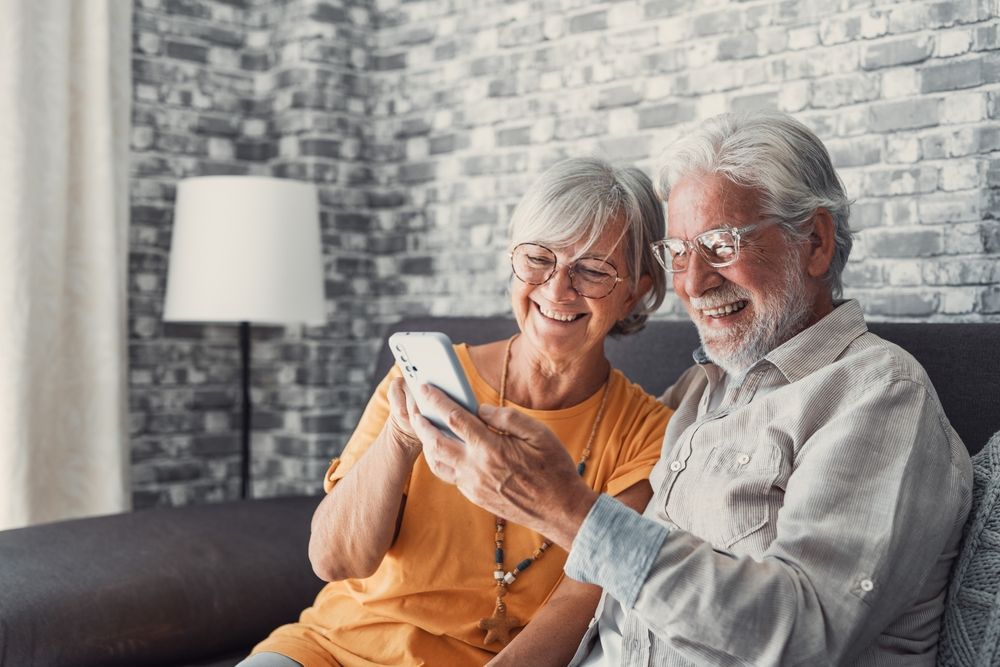
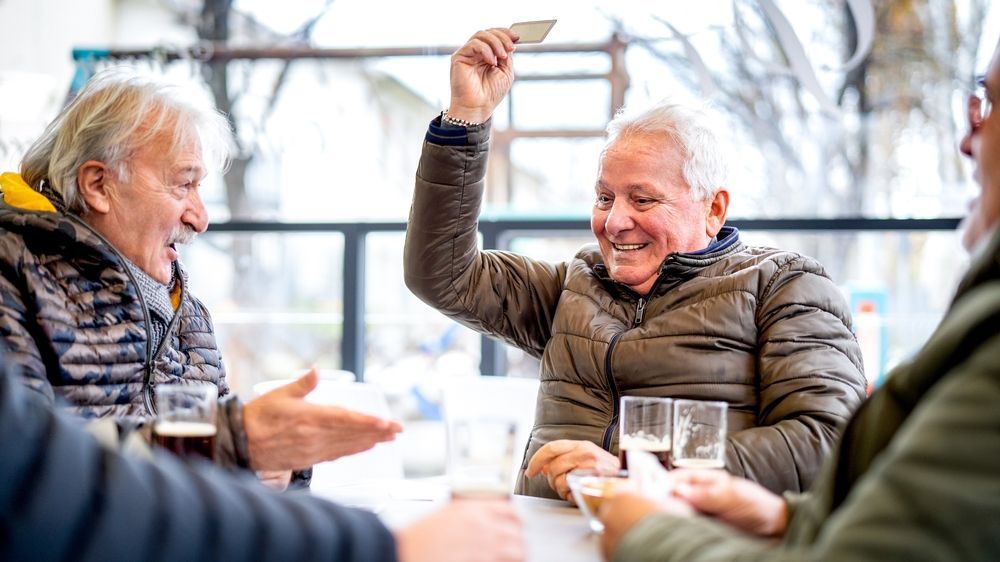
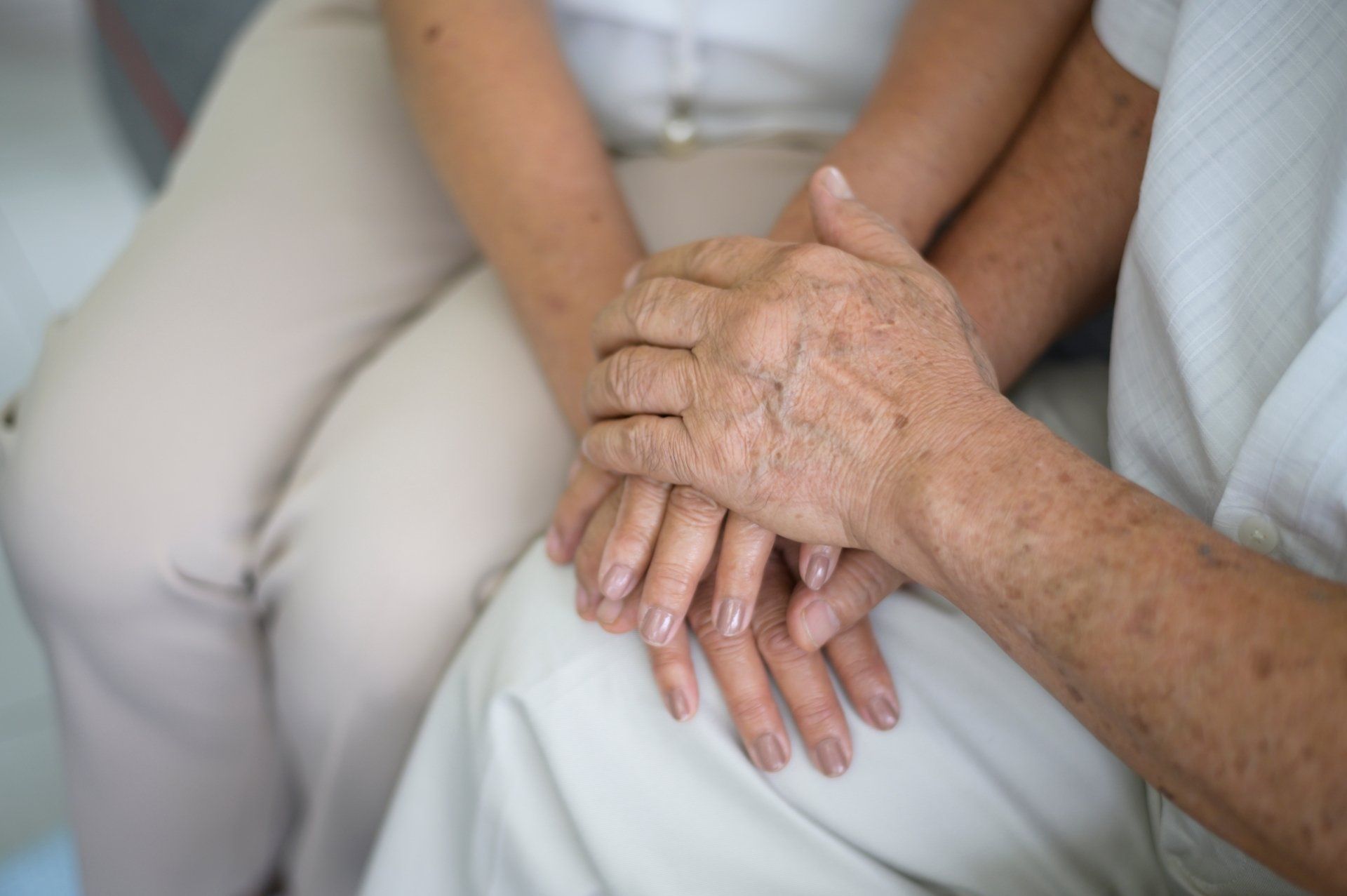
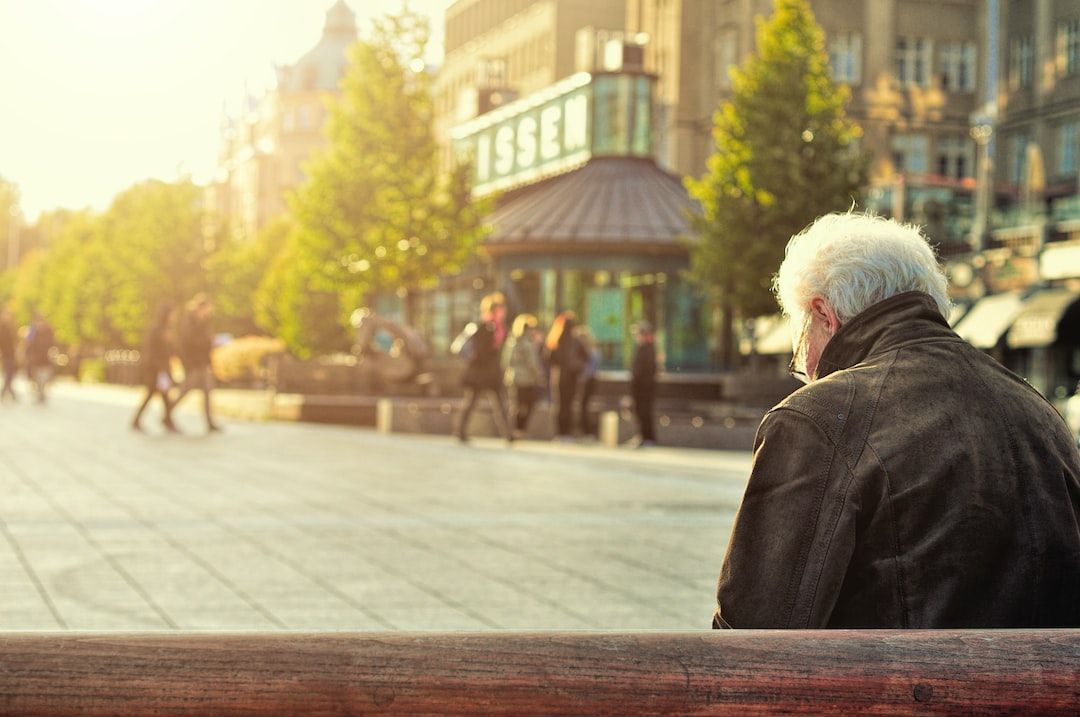

Elder Care Homecare looks after seniors and individuals with disabilities through dependable companion care and in-home care services.
We service Westchester County, Long Island and the entire New York City metro area including Queens, Brooklyn, The Bronx, and Manhattan.
QUICK LINKS
CONTACT
Call Us Today:
(914) 268-6221
Caregiver or Employment Inquiries: (914) 414-4841
111 Brook St
Scarsdale, NY 10583
370 Lexington Ave
New York, NY 10168
United States
1025 Old Country Road
Suite 314
Westbury, NY 11590
750 E Main St
Stamford, CT 06902


